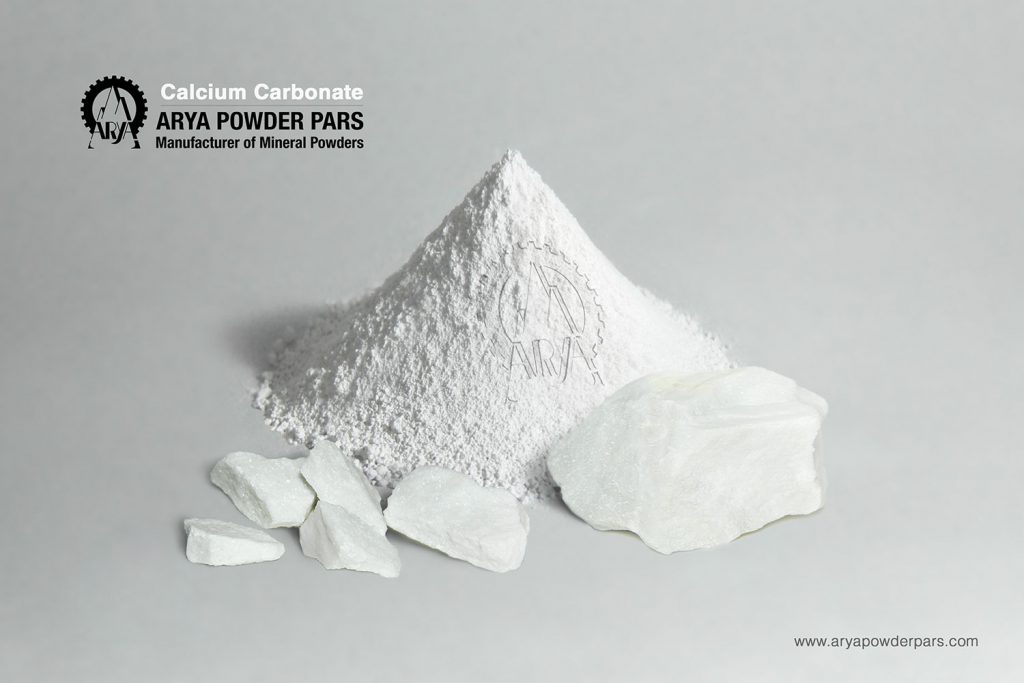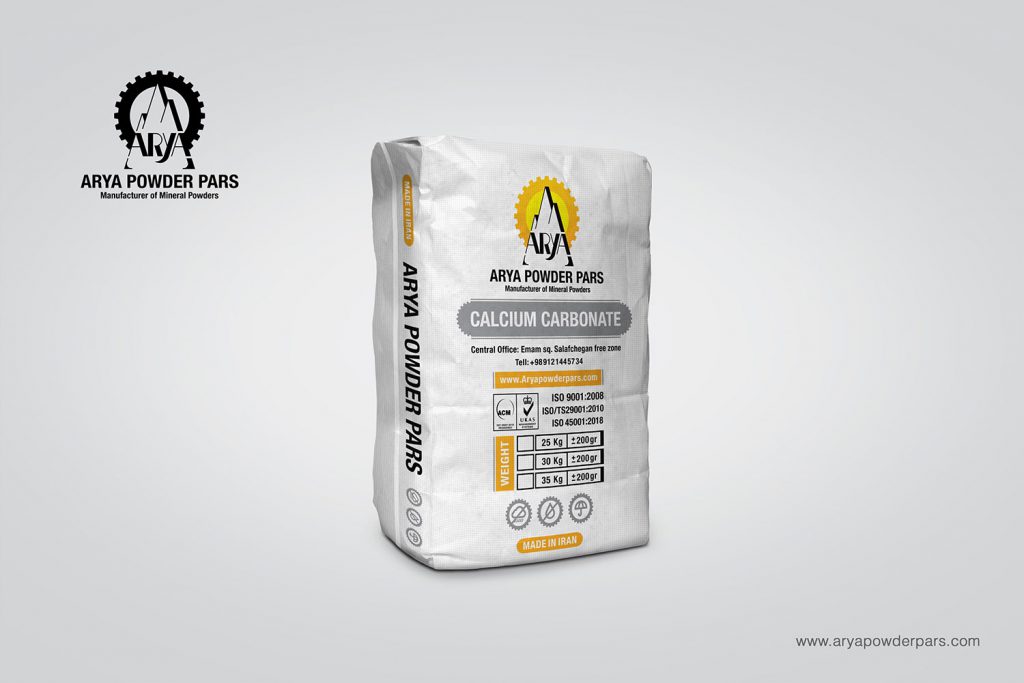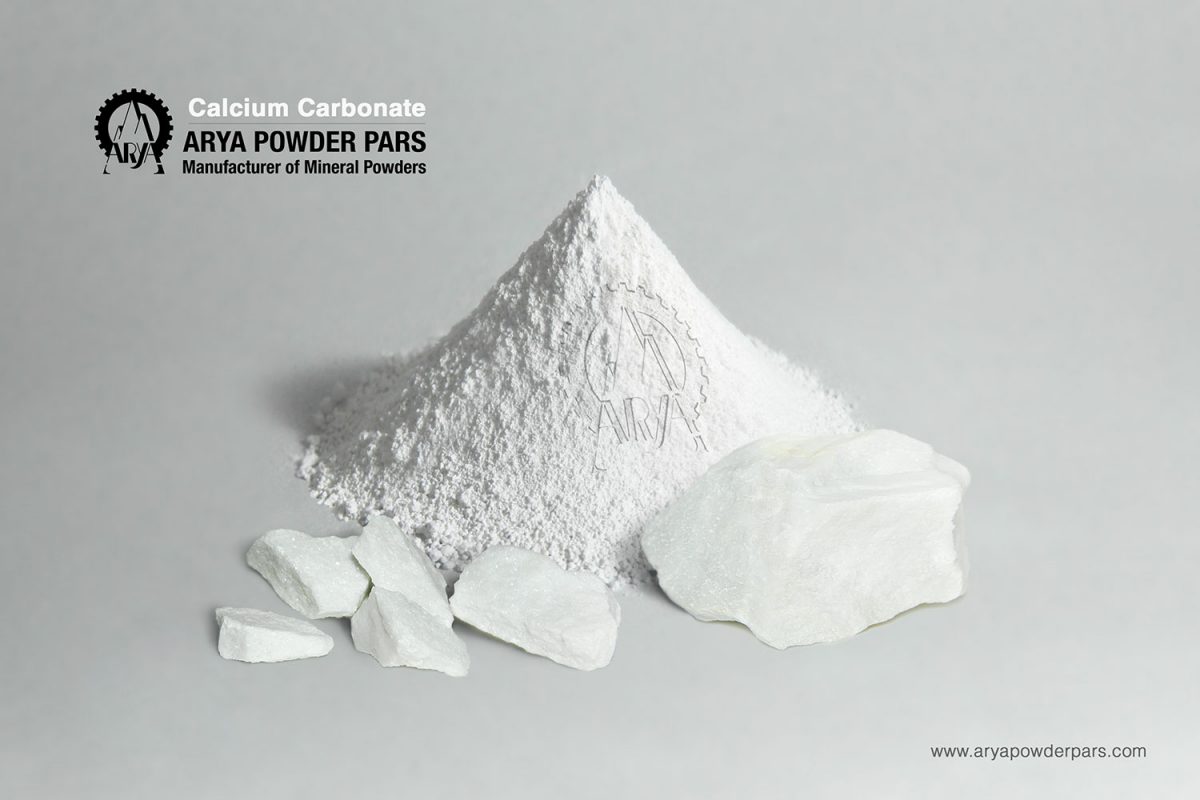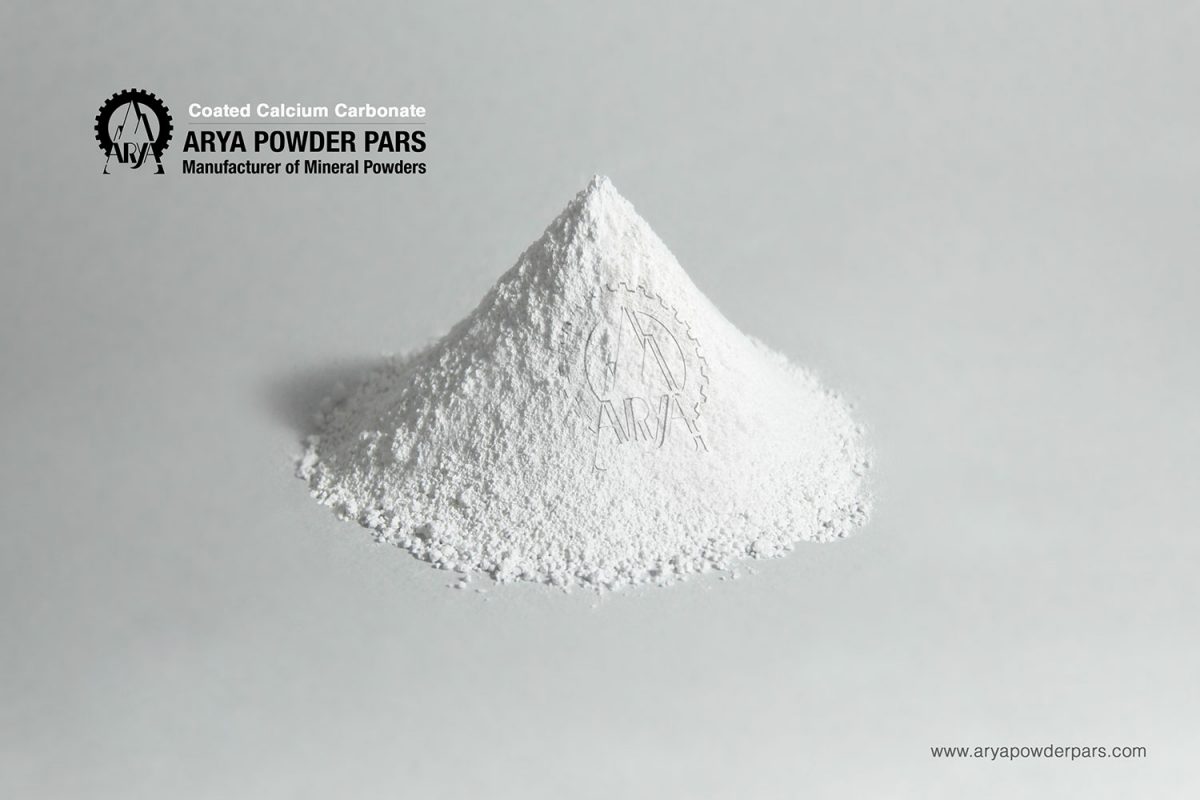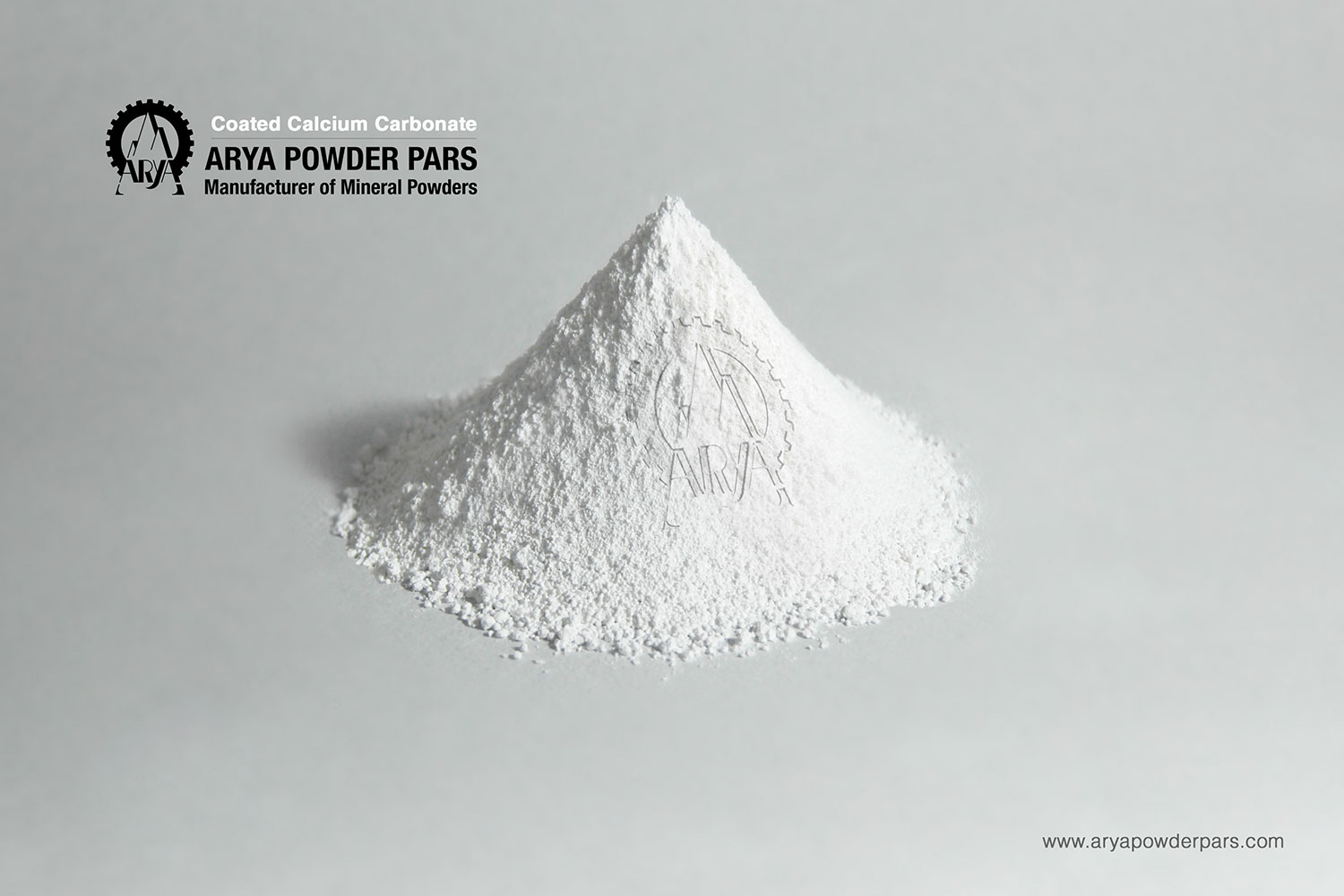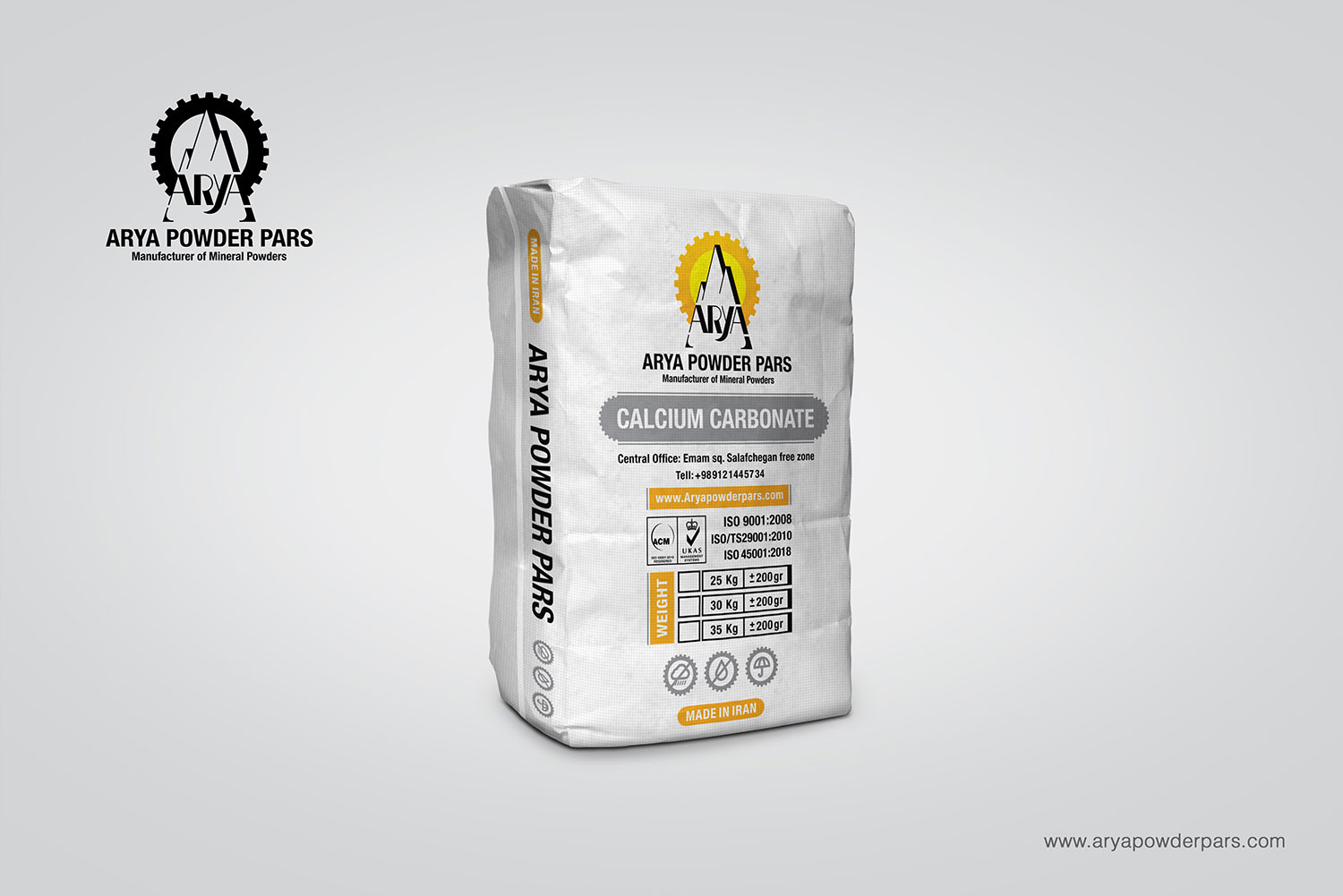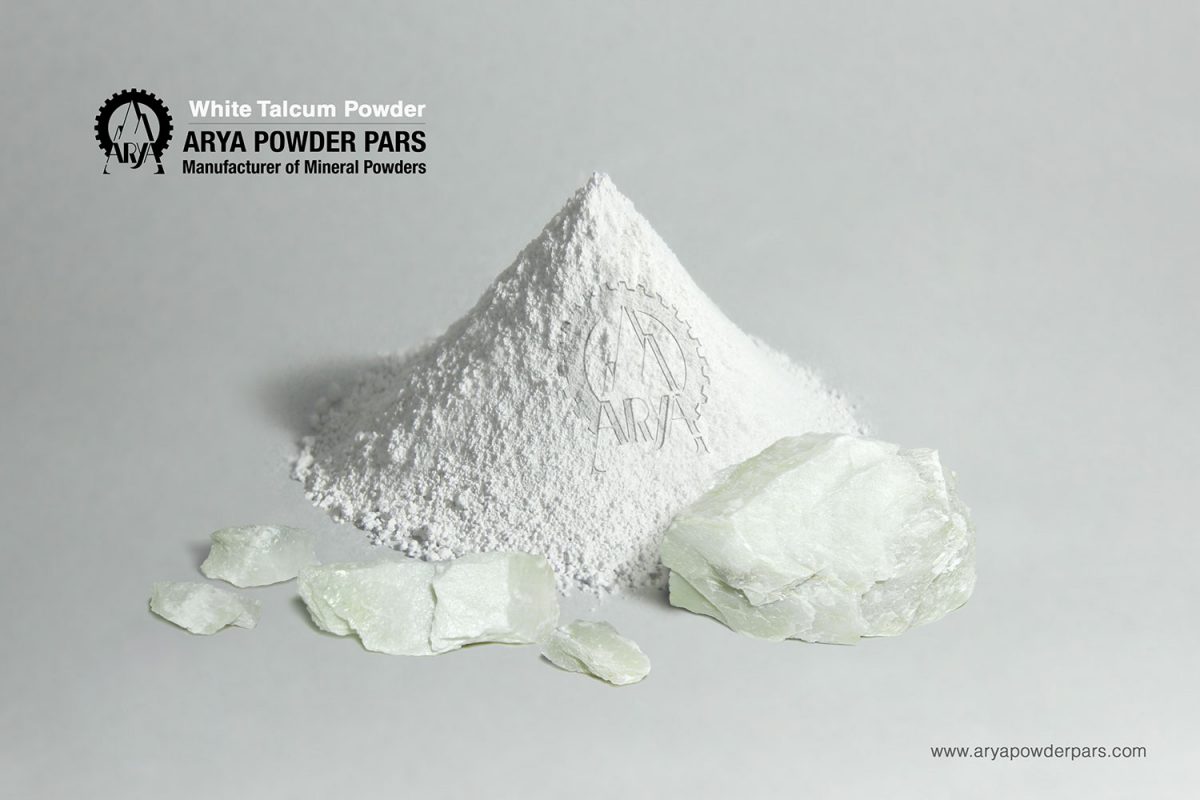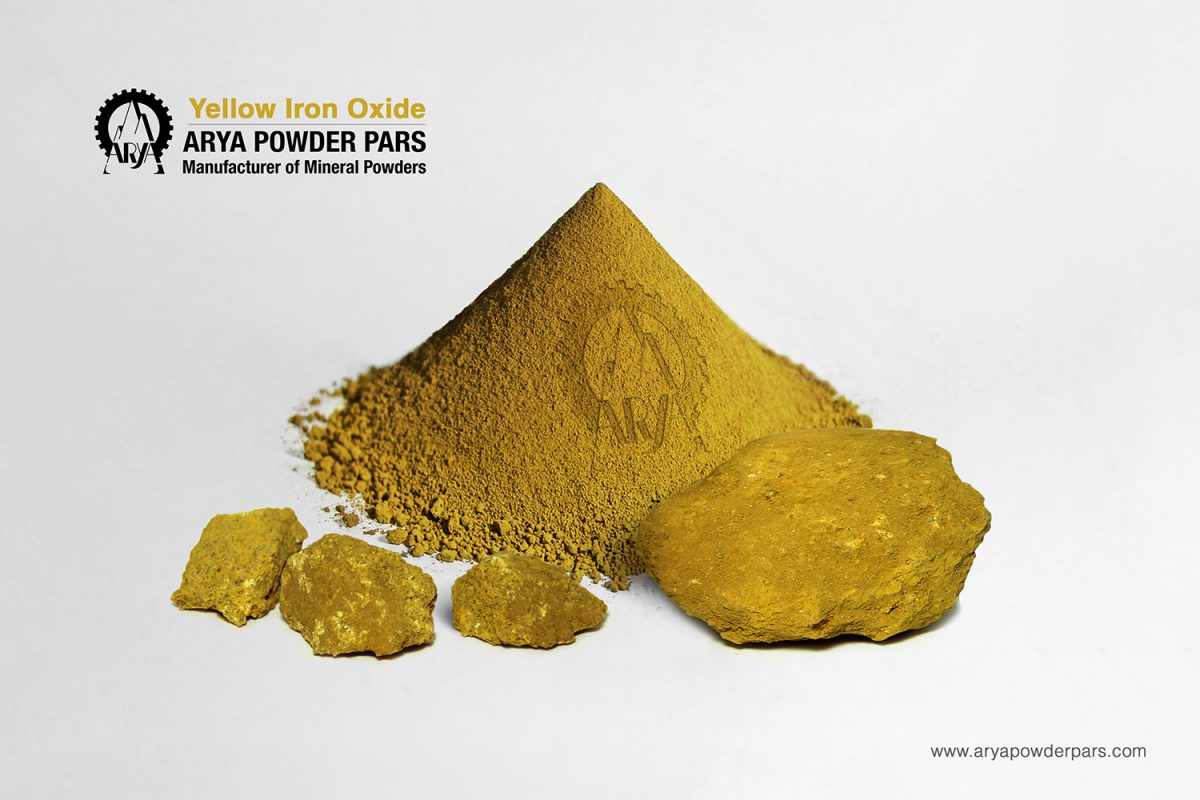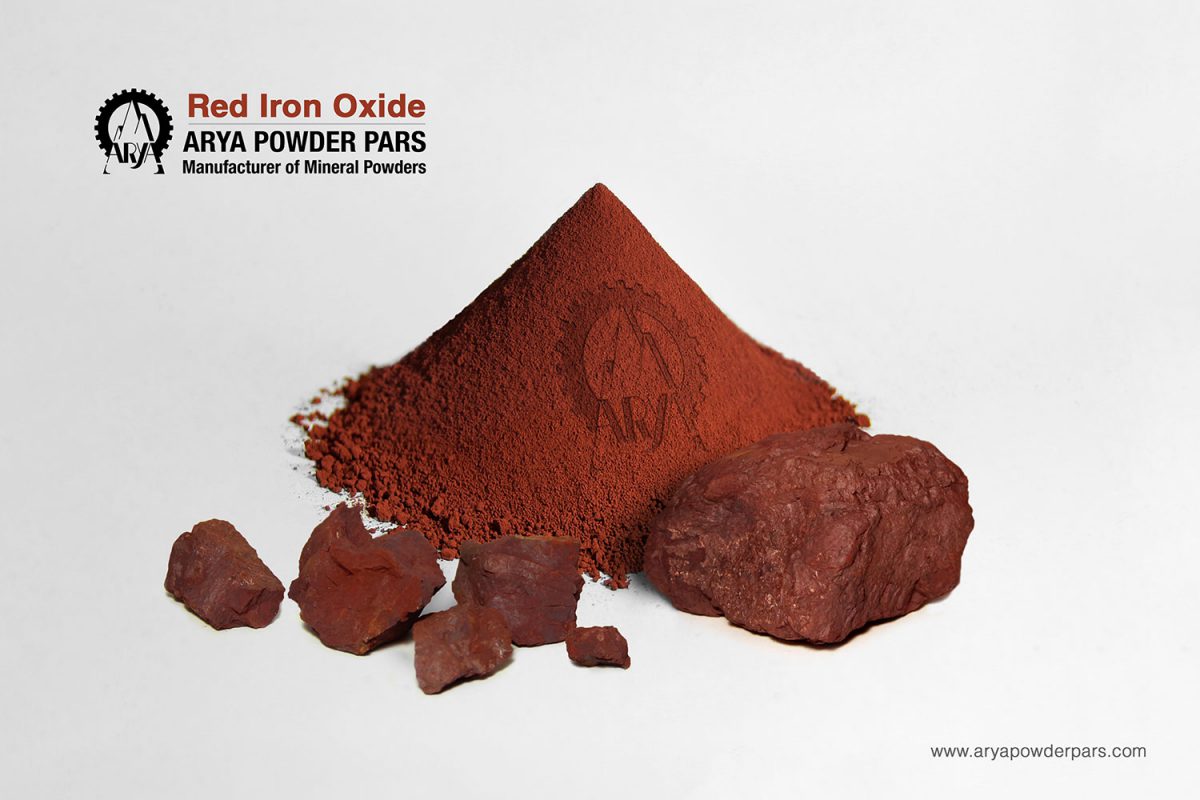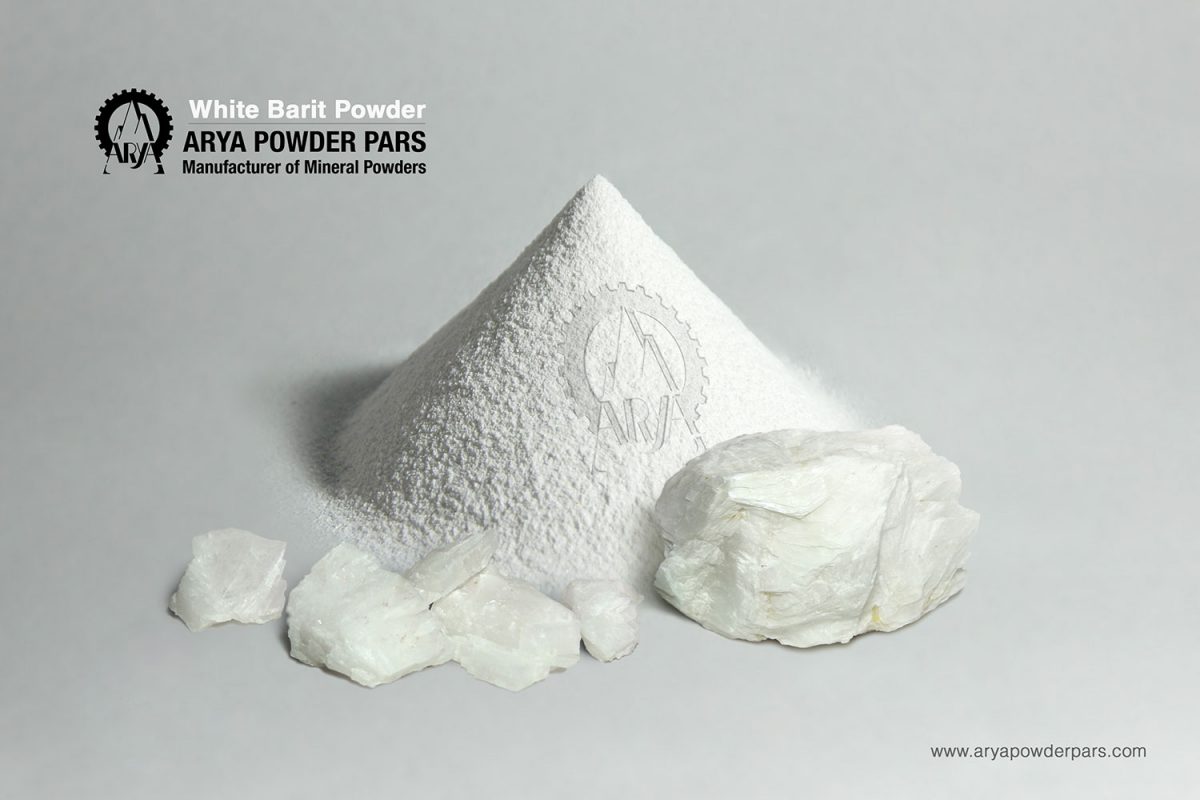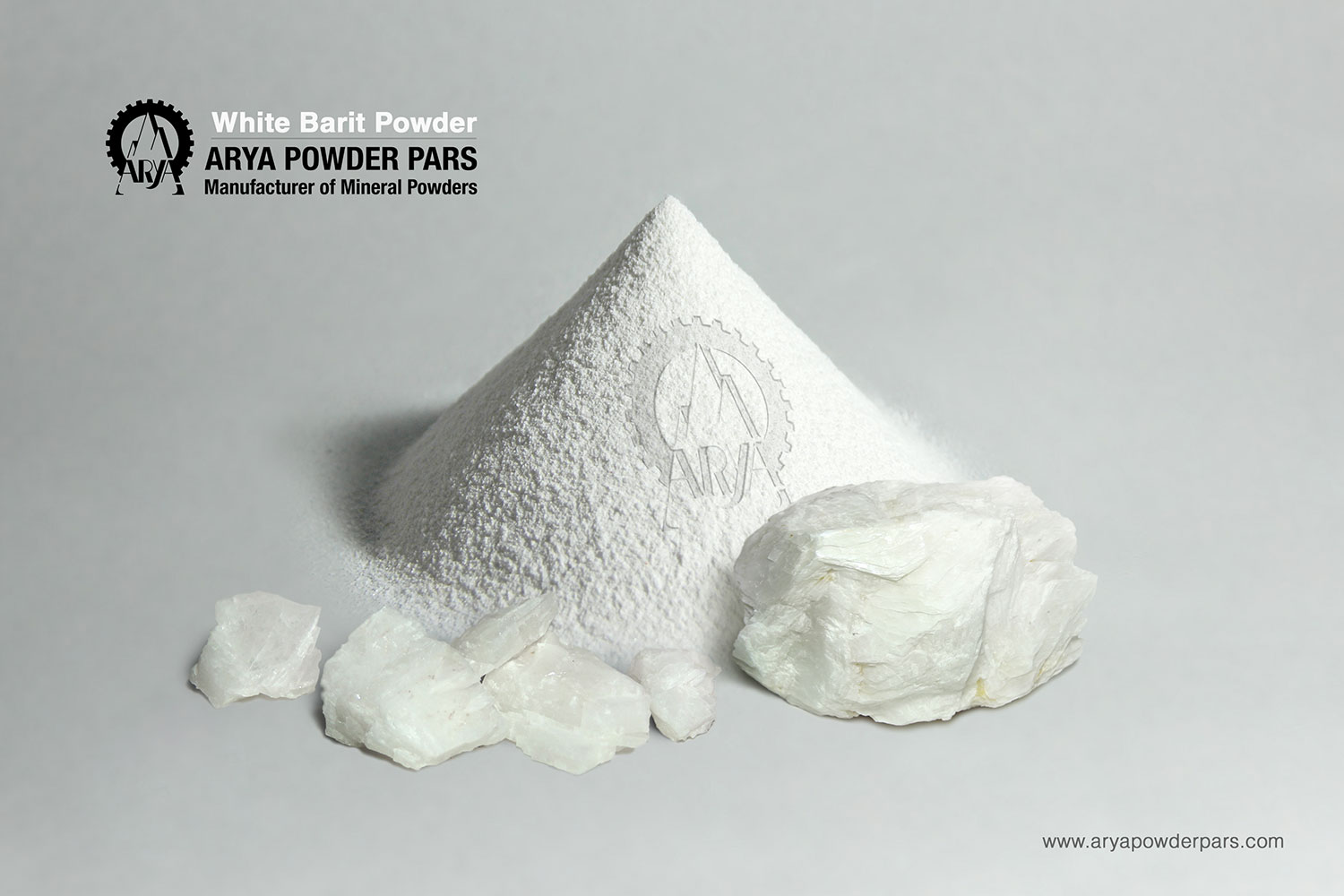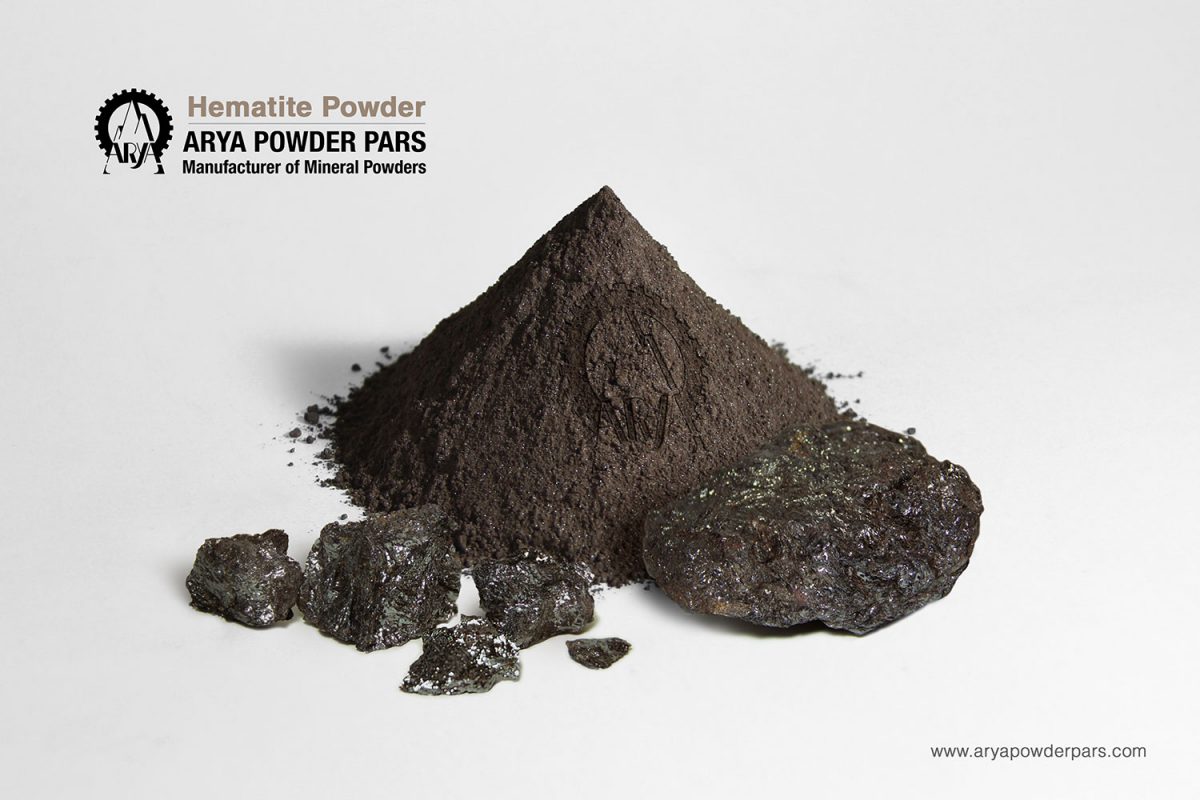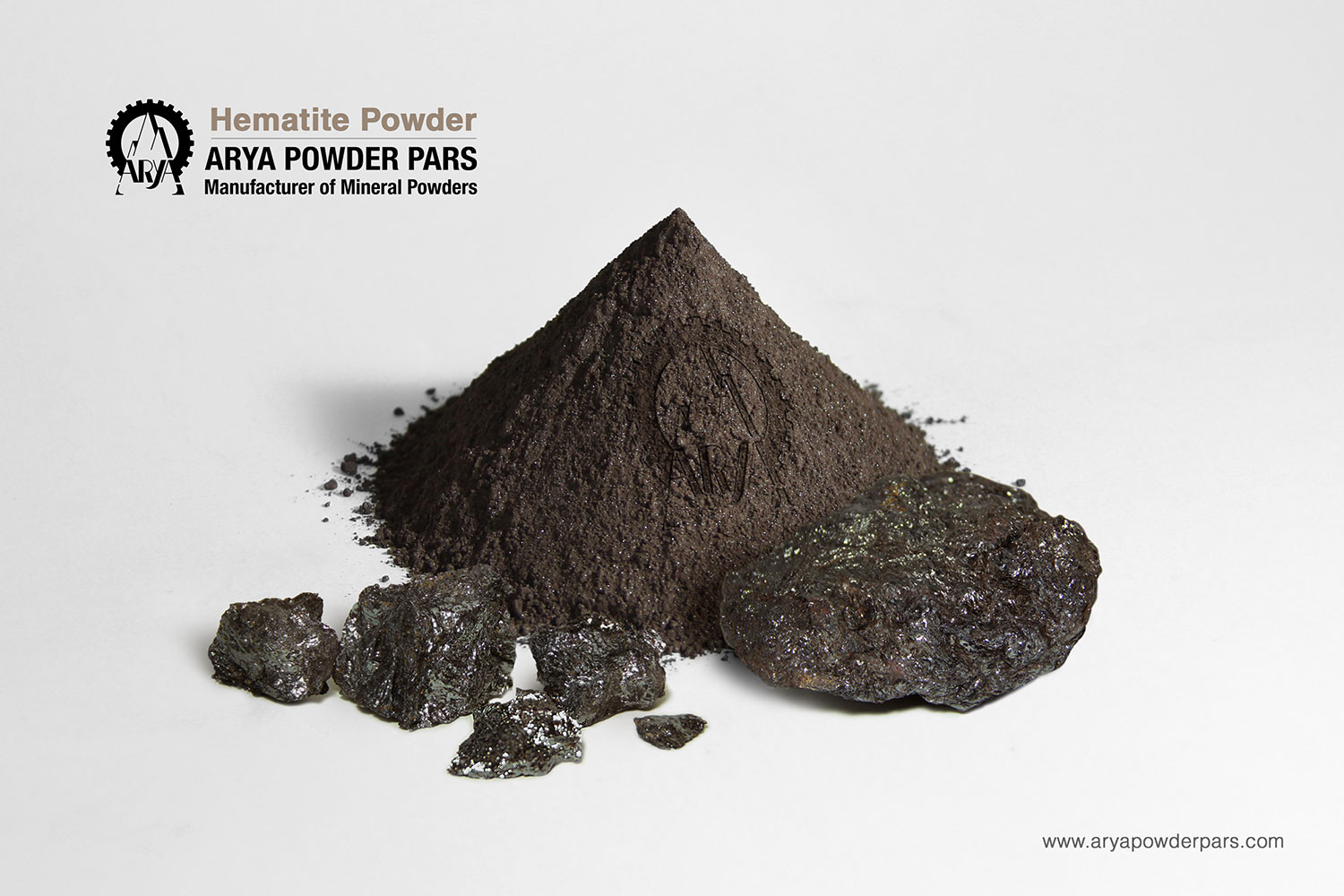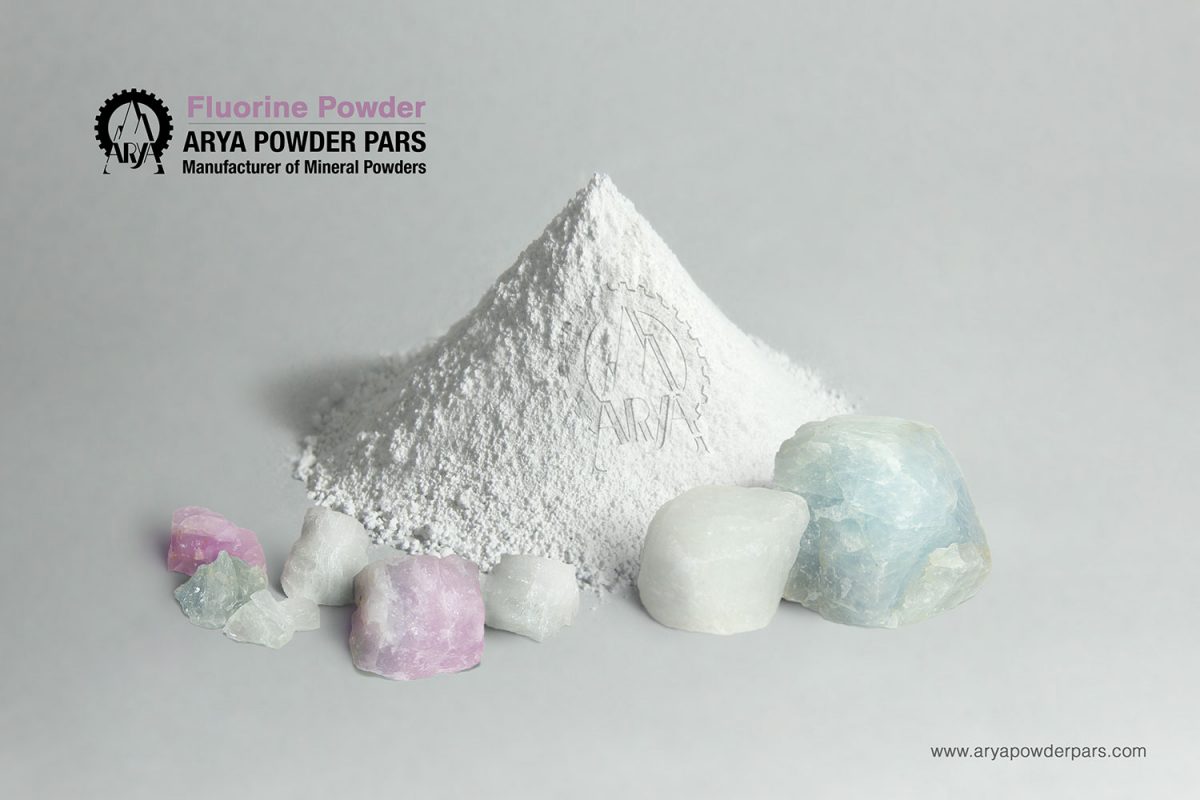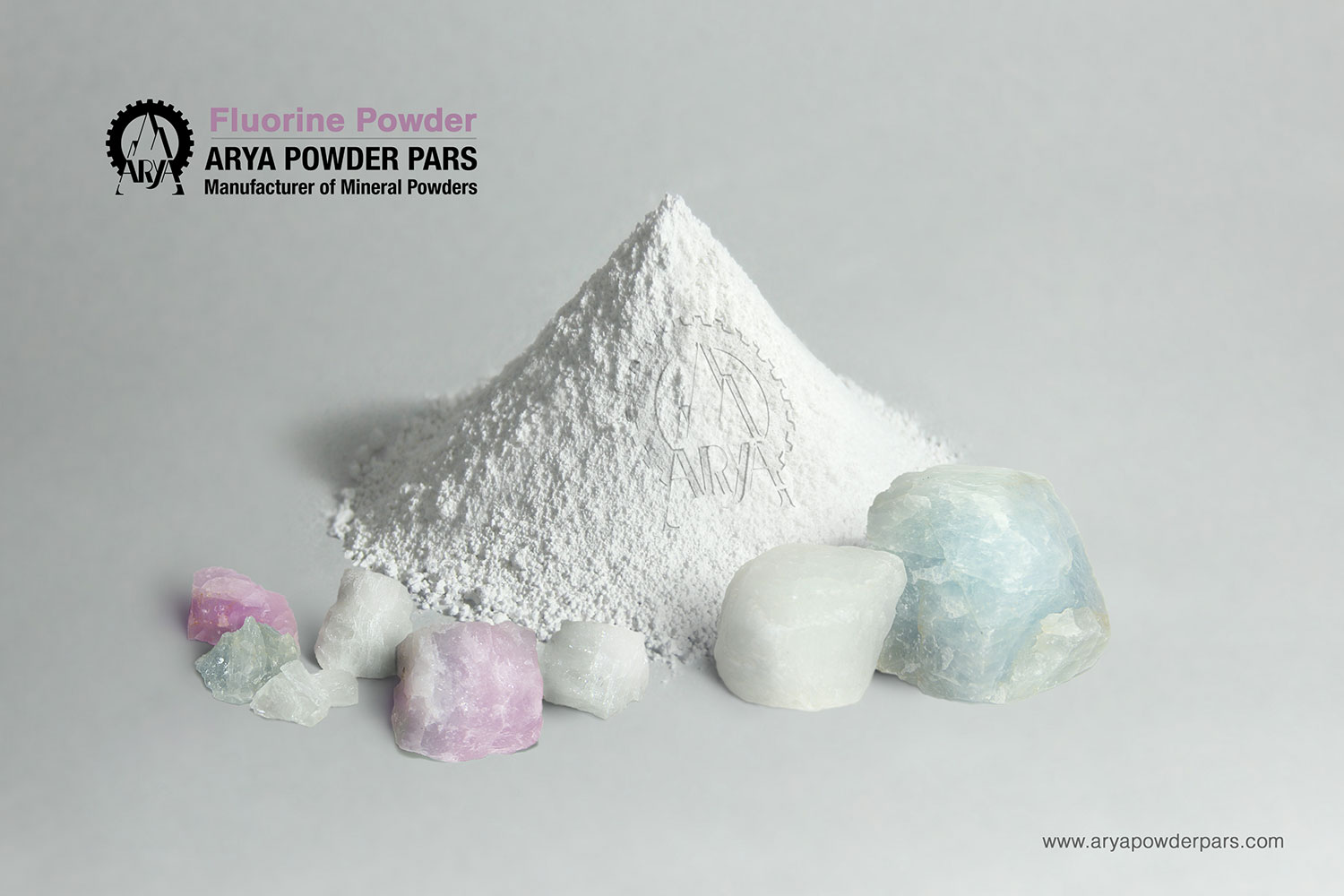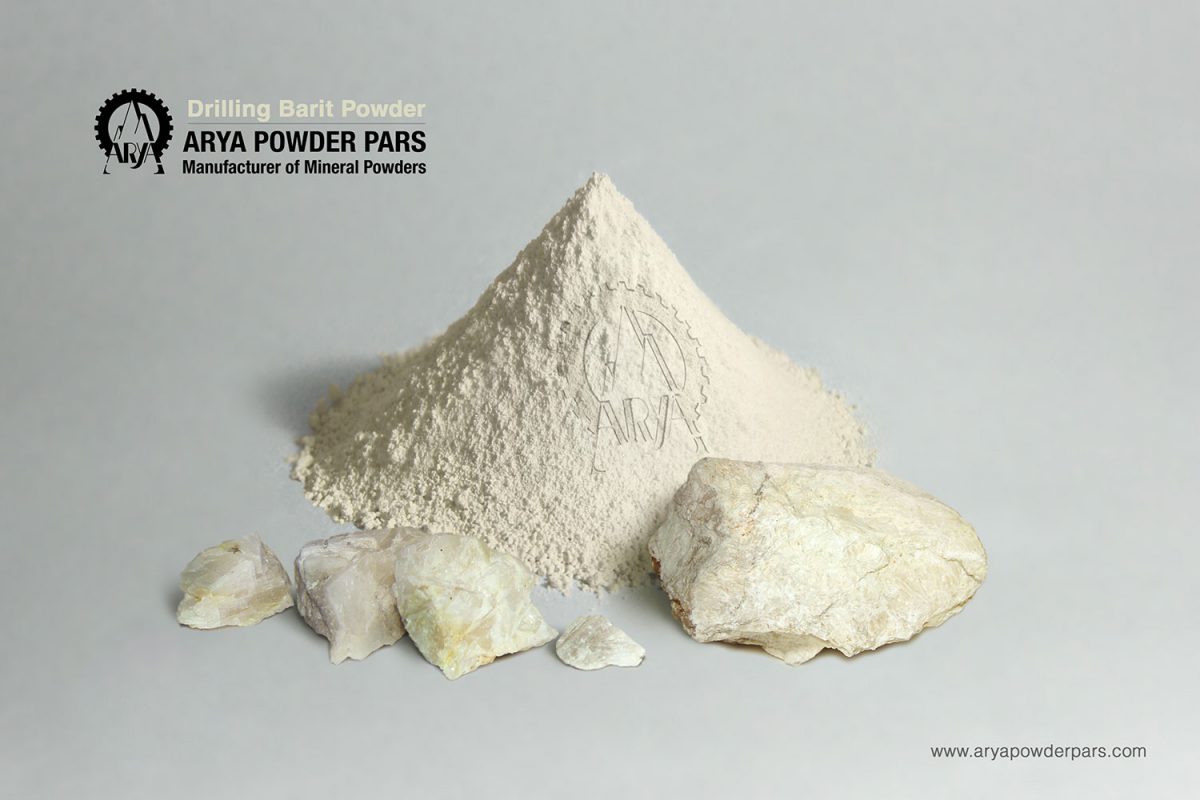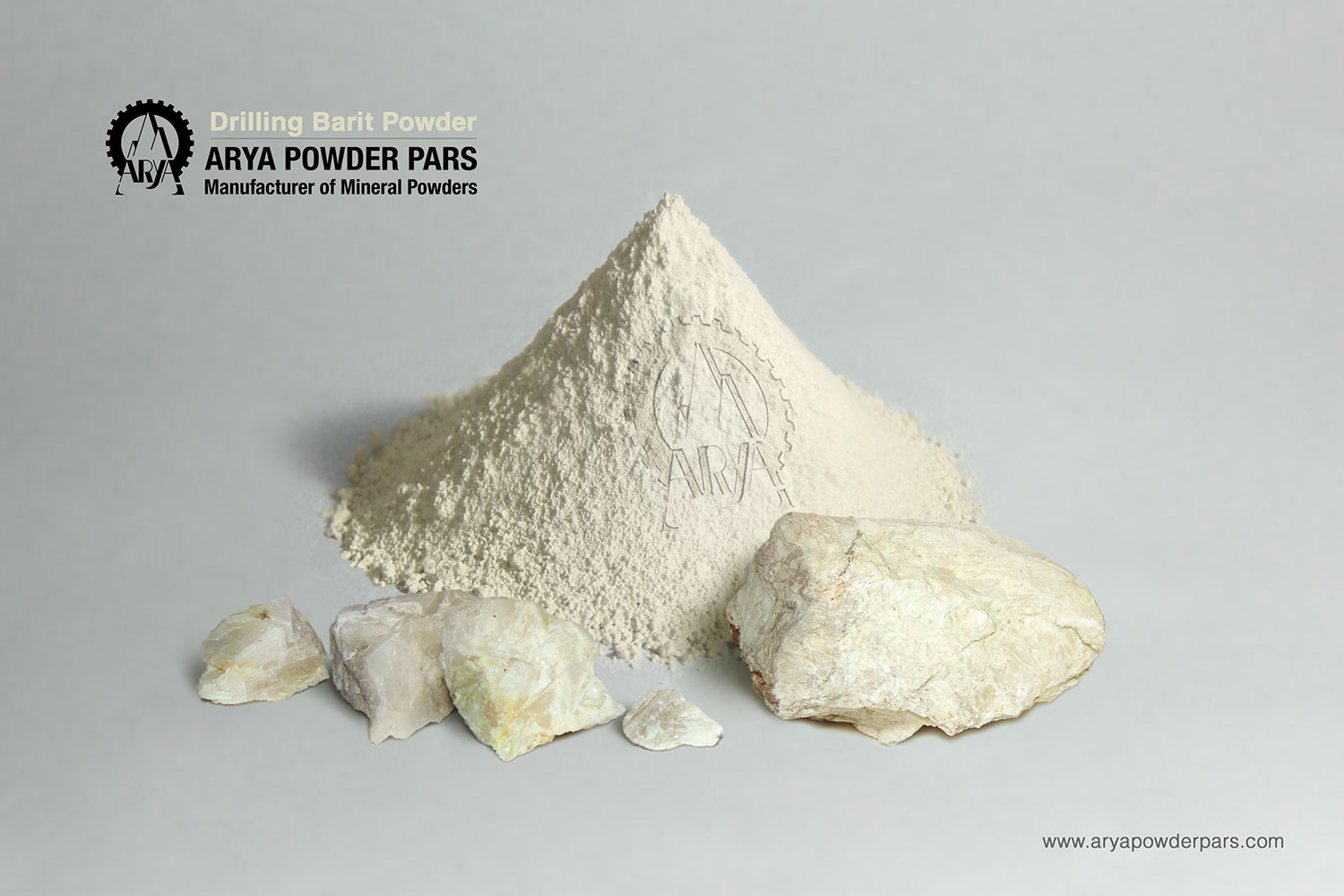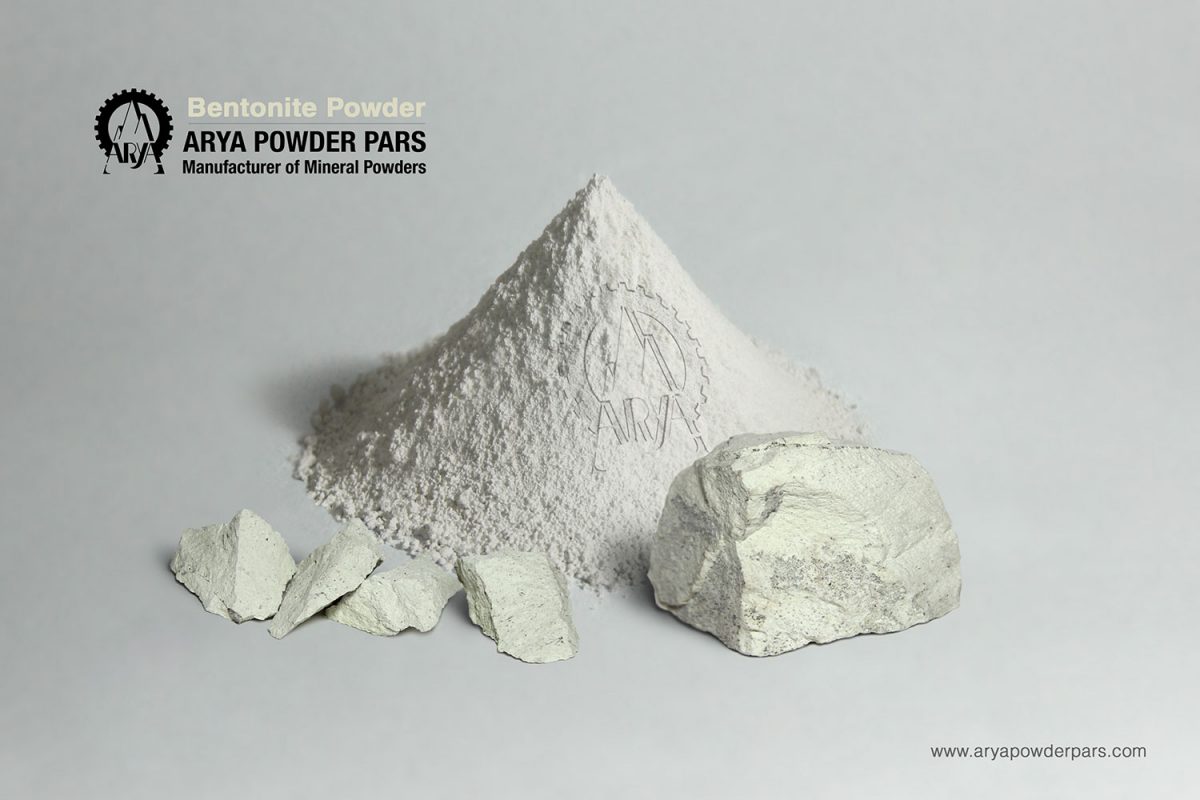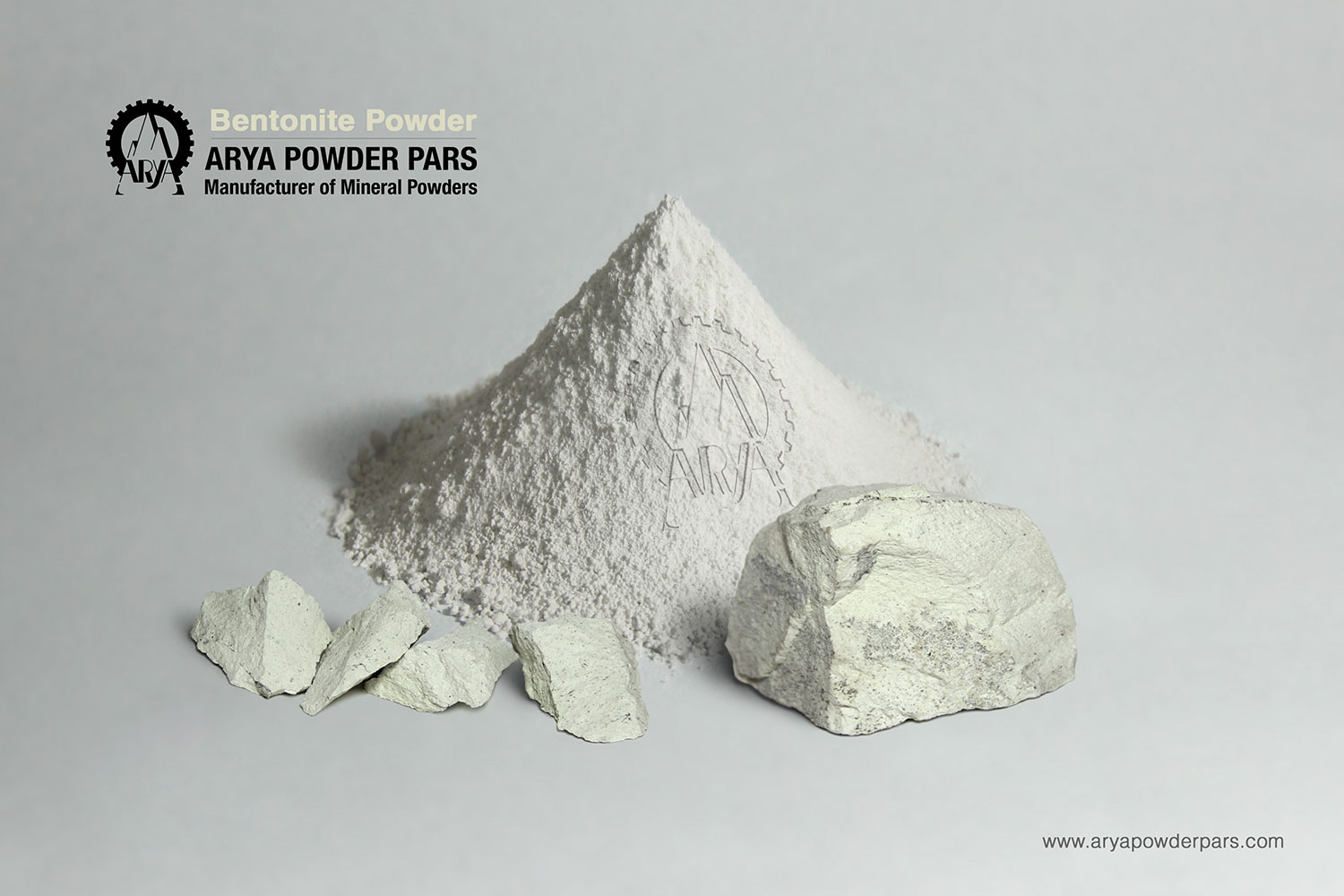Calcite is a carbonate mineral and the most stable of polymorph of calcium carbonate (CaCo3). Calcite is presented to different industrial sectors like a filling material. At a rate of 15-30% of micronized calcium carbonate powder is added to cellulose in the production of writing tab paper, wall paper and cardboard.
Being in high whiteness, cheapness and because of other technical features. Calcite has taken place of kaolin in paper industry. Since calcium carbonate is harmless mineral to environment, in paper industry, using calcium carbonate reduces consumption of cellulose and optical bleaching agents as well as ensures reduction of environmental pollution.
Also in paint industry, interior paints, water-based paint system, 20-25% of calcium carbonate is used and using calcite cuts down consumption of TiO2 and lowers the cost of production.
